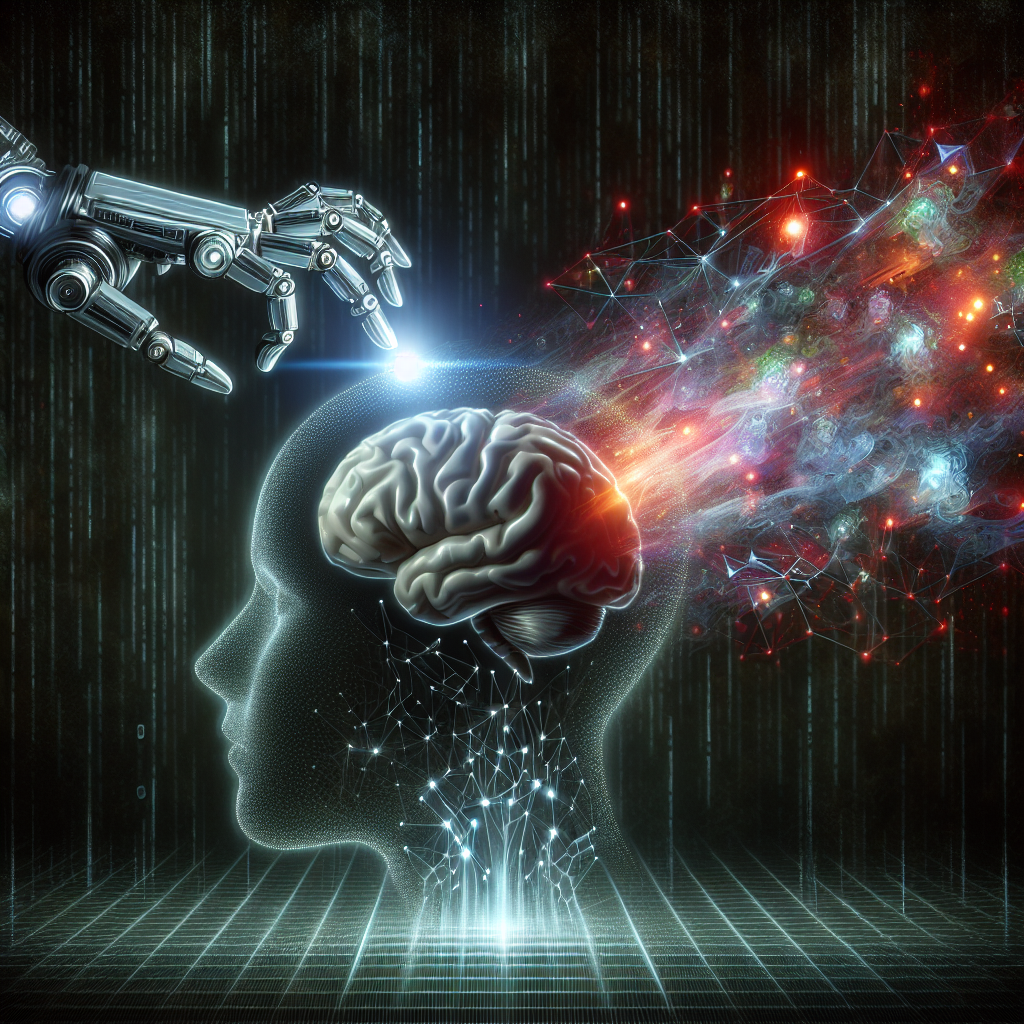The Psychological Risks of AI Dependence and Addiction
Artificial Intelligence (AI) has become an integral part of our daily lives, from virtual assistants like Siri and Alexa to recommendation algorithms on social media platforms. While AI has undoubtedly brought convenience and efficiency to many aspects of our lives, there are also psychological risks associated with dependence and addiction to AI. In this article, we will explore these risks and their potential impact on individuals and society as a whole.
What is AI Dependence and Addiction?
AI dependence refers to the reliance on AI technologies for various tasks and decision-making processes. This can range from using virtual assistants for scheduling appointments to relying on recommendation algorithms for entertainment choices. While AI dependence in itself may not always be harmful, it can become problematic when individuals start to rely on AI for important decisions or lose the ability to function without it.
AI addiction, on the other hand, refers to a compulsive and excessive use of AI technologies that interferes with daily life and responsibilities. This can manifest in behaviors such as constantly checking notifications, seeking validation through social media likes, or spending excessive amounts of time interacting with AI technologies at the expense of real-life relationships and activities.
What are the Psychological Risks of AI Dependence and Addiction?
1. Reduced Critical Thinking Skills: One of the dangers of excessive reliance on AI is the potential erosion of critical thinking skills. When individuals constantly turn to AI for answers and decisions, they may become less adept at analyzing information, problem-solving, and making independent judgments. This can lead to a passive acceptance of information and a reduced ability to think critically and independently.
2. Decreased Social Interaction: AI addiction can also lead to a decrease in real-life social interactions. As individuals spend more time interacting with AI technologies, they may neglect face-to-face relationships and meaningful connections with others. This can result in feelings of loneliness, isolation, and disconnection from the real world.
3. Impaired Emotional Regulation: Excessive use of AI technologies can also impact emotional regulation. For example, seeking validation through social media likes can lead to a cycle of seeking external approval and validation, which can negatively impact self-esteem and self-worth. Additionally, constant exposure to curated content on social media can distort perceptions of reality and lead to feelings of inadequacy and comparison.
4. Increased Anxiety and Stress: The constant connectivity and instant gratification provided by AI technologies can also contribute to increased levels of anxiety and stress. The pressure to respond to notifications, stay updated on social media trends, and constantly be available can lead to feelings of overwhelm and burnout. This can have detrimental effects on mental health and well-being.
5. Privacy and Security Concerns: Dependence on AI technologies also raises concerns about privacy and security. As individuals share personal information and data with AI systems, there is a risk of this information being exploited or misused. This can lead to feelings of vulnerability and distrust towards AI technologies and the companies that develop them.
FAQs
Q: How can individuals reduce their dependence on AI technologies?
A: To reduce dependence on AI technologies, individuals can start by setting boundaries and limits on their use of AI devices and platforms. This can include reducing screen time, practicing mindfulness and being present in the moment, and engaging in activities that promote real-life connections and interactions.
Q: What are some signs that indicate a potential addiction to AI technologies?
A: Some signs that indicate a potential addiction to AI technologies include constantly checking notifications, feeling anxious or stressed when separated from AI devices, neglecting responsibilities and real-life relationships in favor of interacting with AI technologies, and experiencing withdrawal symptoms when not using AI devices.
Q: How can society address the psychological risks of AI dependence and addiction?
A: Society can address the psychological risks of AI dependence and addiction by promoting digital literacy and critical thinking skills, implementing regulations and guidelines for the responsible use of AI technologies, and raising awareness about the potential risks and consequences of excessive reliance on AI.
In conclusion, while AI technologies offer numerous benefits and opportunities, it is important to be mindful of the potential psychological risks associated with dependence and addiction. By being aware of these risks and taking proactive steps to mitigate them, individuals and society can harness the power of AI technologies in a responsible and balanced manner.

